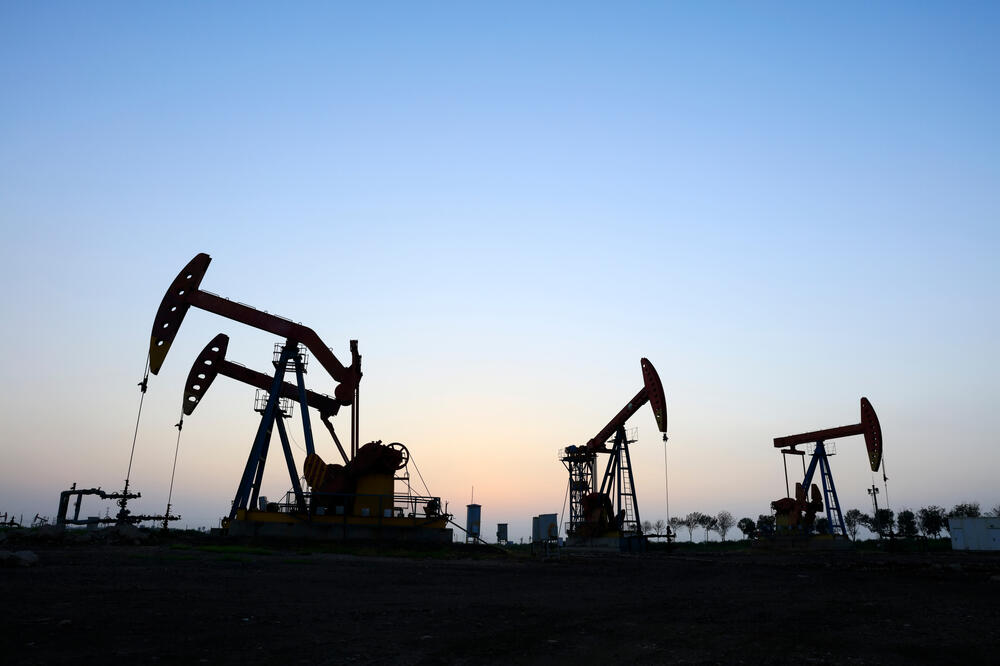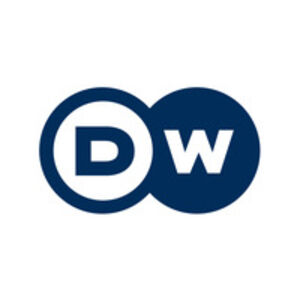Iran knows, China knows and the US government obviously knows. Despite sanctions against the Islamic Republic's oil industry, record amounts of Iranian oil are being shipped to China.
"If you believe the Chinese government, the country does not import oil from Iran. Zero. Not a single barrel. Instead, it imports a lot of Malaysian crude oil. So much so that, according to official Chinese customs data, the country buys more than twice as much Malaysian oil as Malaysia actually produces," raw material expert Javier Blas describes the label fraud on the Bloomberg news portal.
With a simple trick, says Blas, Iranian crude oil becomes "Malaysian". According to oil traders, this is "the easiest and cheapest way to circumvent US sanctions".
And so last year, Malaysia officially became the fourth largest foreign supplier of oil to China, behind Saudi Arabia, Russia and Iraq.
Iran has been using the United Emirates as a hub for evading sanctions for many years. Goods long blacklisted by the US or the European Union often come to the Islamic Republic via Dubai. For this purpose, prohibited oil shipments are arranged and processed through the Emirates.
Whether it is spare parts for vehicles or aircraft, Iran has long since modified its supply chains so that everything can be sourced through trade and financial centers such as Dubai.
This is more expensive than direct import. But Western sanctions, especially those of the US, have been circumvented in this way for many years.
Transshipment point in Central Asia
Russia also has such transshipment points for sanctioned goods. And here there is hardly any product that cannot be obtained from a third country. For example, spare parts for German luxury cars or electronic components used to guide weapons.
The former Soviet republics in Central Asia play a key role. Moscow's advantage is that the Russian Federation is linked with countries like Kazakhstan and Kyrgyzstan in a customs union where the cross-border movement of goods is child's play.
This means that sanctioned products from the West, which should be forbidden fruit for Russia, cross the borders almost unhindered. Control? Almost impossible.
Only the border between the Russian Federation and Kazakhstan is about 7.500 kilometers long. Another example is Armenia: sales of German cars and auto parts increased almost tenfold last year.
Since the thirteenth EU sanctions package was introduced to Moscow on February 22, 2024, Russia has become the country with the most sanctions in the world.
This is proven by data from Castellum.AI, a platform for comparing the private sector from the US. And yet, Russia continues its aggression against Ukraine, thereby violating international law, and the Russian economy has all but collapsed.
The Russian government has just raised its economic growth forecast for this year from 2,3 to 2,8 percent. The International Monetary Fund (IMF) even expects the gross domestic product to grow by 3,2 percent.
The rationale is a slap in the face for supporters of Western sanctions. The Russian economy, according to the IMF, is driven by high government spending and investment related to the war against Ukraine and - despite Western sanctions - high revenues from oil exports.
Why introduce sanctions?
Iran, before Russia, was the country in the world most severely affected by sanctions. Russia is now subject to more than 5.000 different targeted sanctions, more than Iran, Venezuela, Myanmar and Cuba combined.
So why continue with the introduction of sanctions if they cannot achieve the goal - changing the behavior of states?
"We live in the age of sanctions. If no sanctions were imposed, it would almost be like unspoken support. Or as if there was no response at all to this attack that violates international law," Christian von Zest, a sanctions expert at the German Institute for Global and Regional Studies (GIGA), told DW.
He is the author of the book "Sanctions: A powerful weapon or a helpless maneuver?", which was published a year ago. He says the sanctions have not changed the behavior of Russia or Iran.
But the US and the EU are tightening measures. According to a Wall Street Journal report, the US is preparing sanctions on a number of Chinese banks to exclude them from the global financial system.
The authorities want to stop Beijing's financial assistance for Russian arms production, reports the American newspaper, referring to "people familiar with the matter".
The EU has also decided to better enforce sanctions. From January 2023, there is an EU sanctions officer, senior diplomat David O'Sullivan. "His job is, for example, to travel to post-Soviet states in Russia's neighborhood and convince the governments there to enforce sanctions more strongly," explains Christian von Zest.
"Now there is also a so-called no-Russia clause, which aims to force exporters to prove that the goods they supply - machinery, vehicles, car parts - do not go on to Russia. We know such an end-use clause from the Law on the Control of War Weapons," adds the sanctions expert.
The pressure is also increasing in the case of the United Emirates, which the American think tank the Atlantic Council describes as a "sanctuary" for circumventing sanctions against Moscow and Tehran.
Therefore, the Financial Action Task Force, an international coordination body, put the Emirates on the so-called gray list, which brings together countries where investigators see an increased risk of money laundering and terrorist financing.
"The general problem is recognized - there are alternatives for both Russia and Iran to circumvent the sanctions," says Christian von Zest. Now, he adds, it is necessary to see what the new measures bring.
Bonus video:





